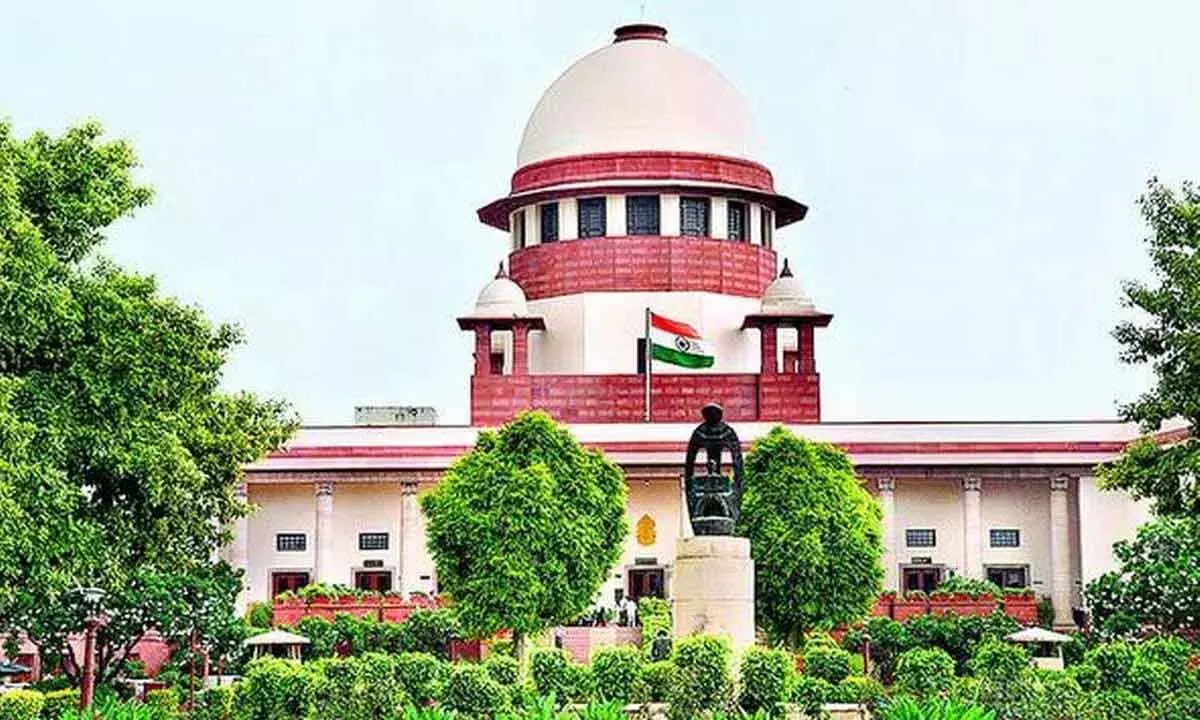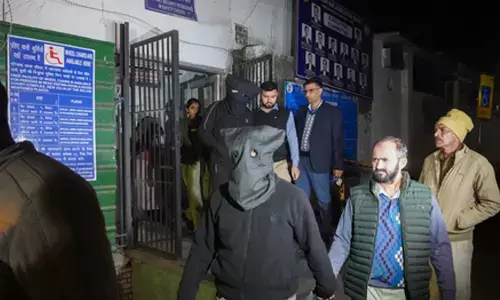SC strikes down electoral bonds scheme

Orders disclosure of donors, amount & recipients
New Delhi: In a landmark verdict delivered within spitting distance of the Lok Sabha polls, the Supreme Court on Thursday scrapped the Modi government's electoral bonds scheme of anonymous political funding, terming it "unconstitutional" and ordering disclosure of the names of the purchasers, value of the bonds and their recipients. Holding that the 2018 scheme was "violative" of the constitutional right to freedom of speech and expression and right to information, a five-judge constitution bench headed by Chief Justice D Y Chandrachud did not agree with the Centre's contention that it was meant to bring about transparency and curb black money in political funding. Ordering closure of the scheme forthwith, the top court also directed the State Bank of India, the authorised financial institution under the scheme, to submit by March 6 the details of electoral bonds purchased since April 12, 2019 till date to the Election Commission, which will publish the information on its official website by March 13.
Under the electoral bonds scheme, ruling parties can coerce people and entities to contribute, the apex court said and rejected as “errorneous” the Centre’s argument that it protects confidentiality of the contributor which is akin to the system of secret ballot. “The electoral bond scheme and the impugned provisions to the extent that they infringe upon the right to information of the voter by anonymizing contributions through electoral bonds are violative of Article 19(1)(a) (freedom of speech and expression) of the Constitution,” said the bench, also comprising Justices Sanjiv Khanna, B R Gavai, J B Pardiwala and Manoj Misra, in its verdict delivered months ahead of the Lok Sabha polls.
The CJI, who authored a 152-page judgement for himself and on behalf of Justices Gavai, Pardiwala and Misra, said, “The electoral bond scheme, the proviso to section 29C(1) of the Representation of the People Act 1951 (as amended by section 137 of Finance Act 2017), section 182(3) of the Companies Act (as amended by section 154 of the Finance Act 2017), and section 13A(b) (as amended by section 11 of Finance Act 2017) are violative of Article 19(1)(a) and unconstitutional.”
The bench said integrity of the election process is pivotal for sustaining the democratic form of government and the Constitution also places the conduct of free and fair elections on a high pedestal. The verdict said financial contributions to political parties are usually made for two reasons -- they may constitute an expression of support to the political party or the contribution may be based on a “quid pro quo”.









